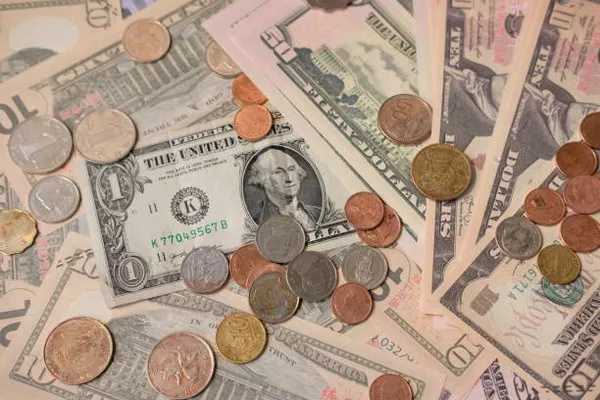Bank of Japan Governor Kazuo Ueda emphasized on Wednesday that the central bank could take monetary policy action if yen movements significantly impact inflation, underscoring concerns about the economic consequences of the currency’s recent sharp declines.
Ueda highlighted the multifaceted impact of a weak yen on the economy, citing increased import costs and potential effects on demand for goods and services.
While clarifying that the BOJ does not aim to directly control yen movements through monetary policy, Ueda emphasized the need to closely monitor their potentially substantial impact on the economy and prices.
Ueda noted a more active stance in wage and price-setting behavior among companies, emphasizing the growing risk of currency volatility amplifying inflationary pressures compared to previous periods.
He stated, “Exchange-rate movements could have a significant impact on the economy and prices, indicating that there is a possibility that we may need to respond with monetary policy.”
Ueda’s remarks contrast with those made after the BOJ’s policy meeting last month, where he suggested that the yen’s recent declines had not immediately affected trend inflation.
Some traders attribute the yen’s accelerated declines to Ueda’s post-meeting comments, which raised market expectations that the BOJ would delay raising interest rates from their current levels around zero for an extended period.


